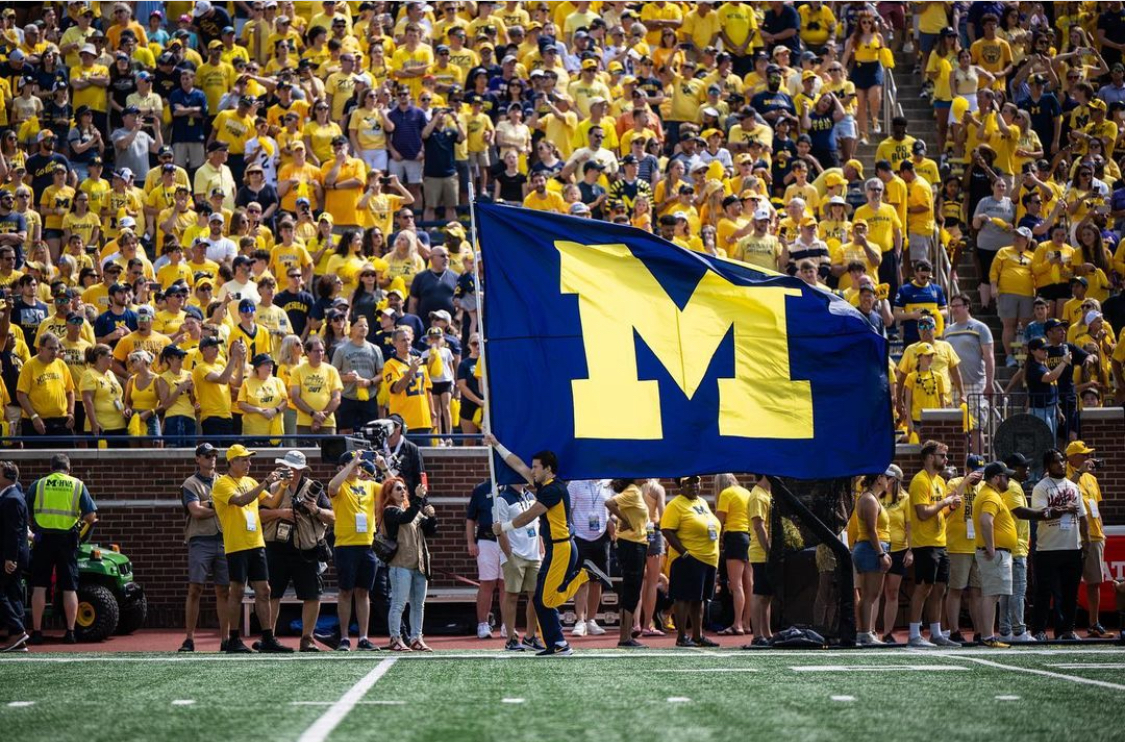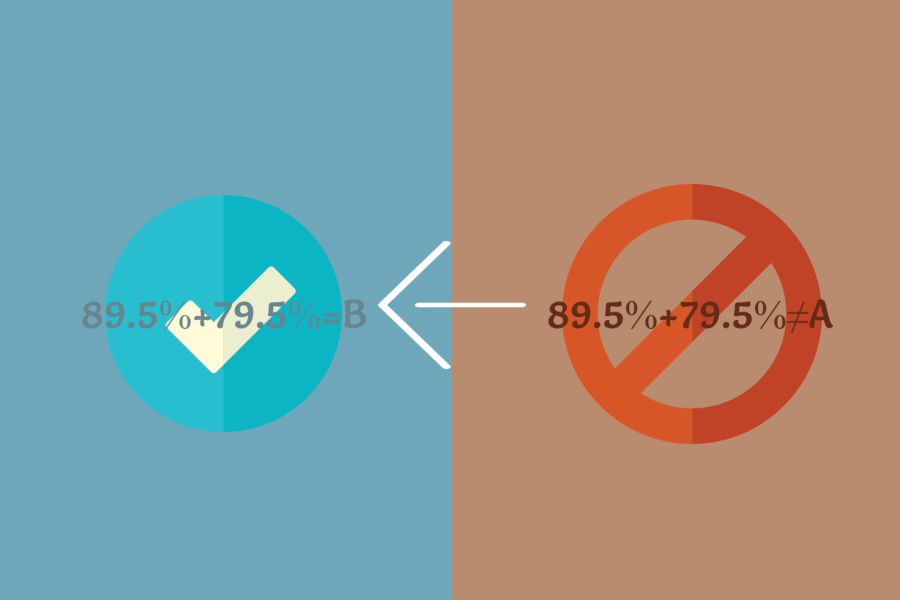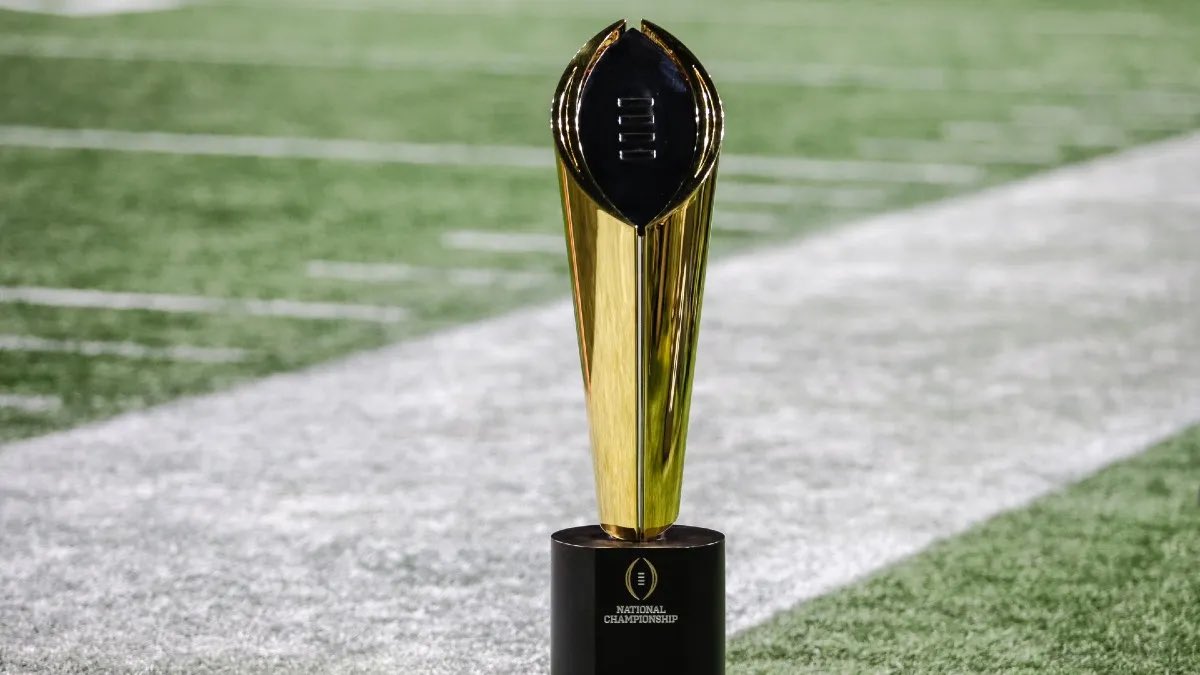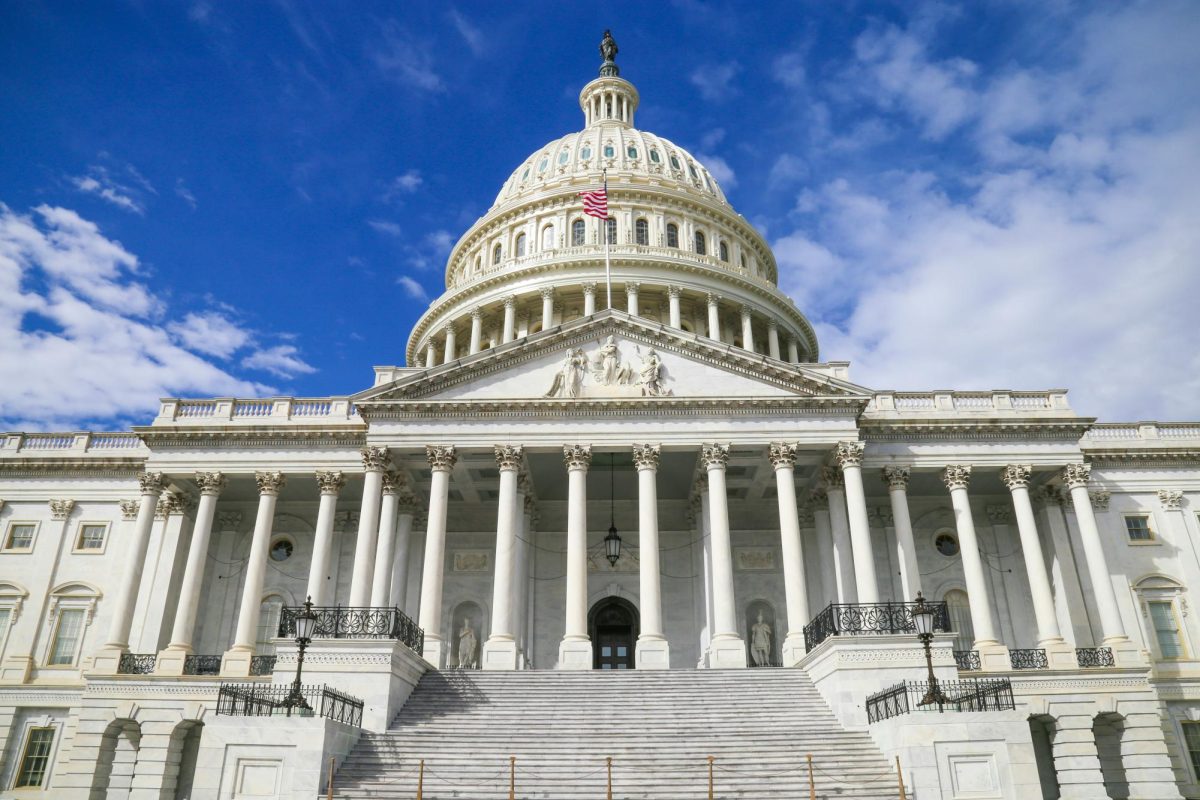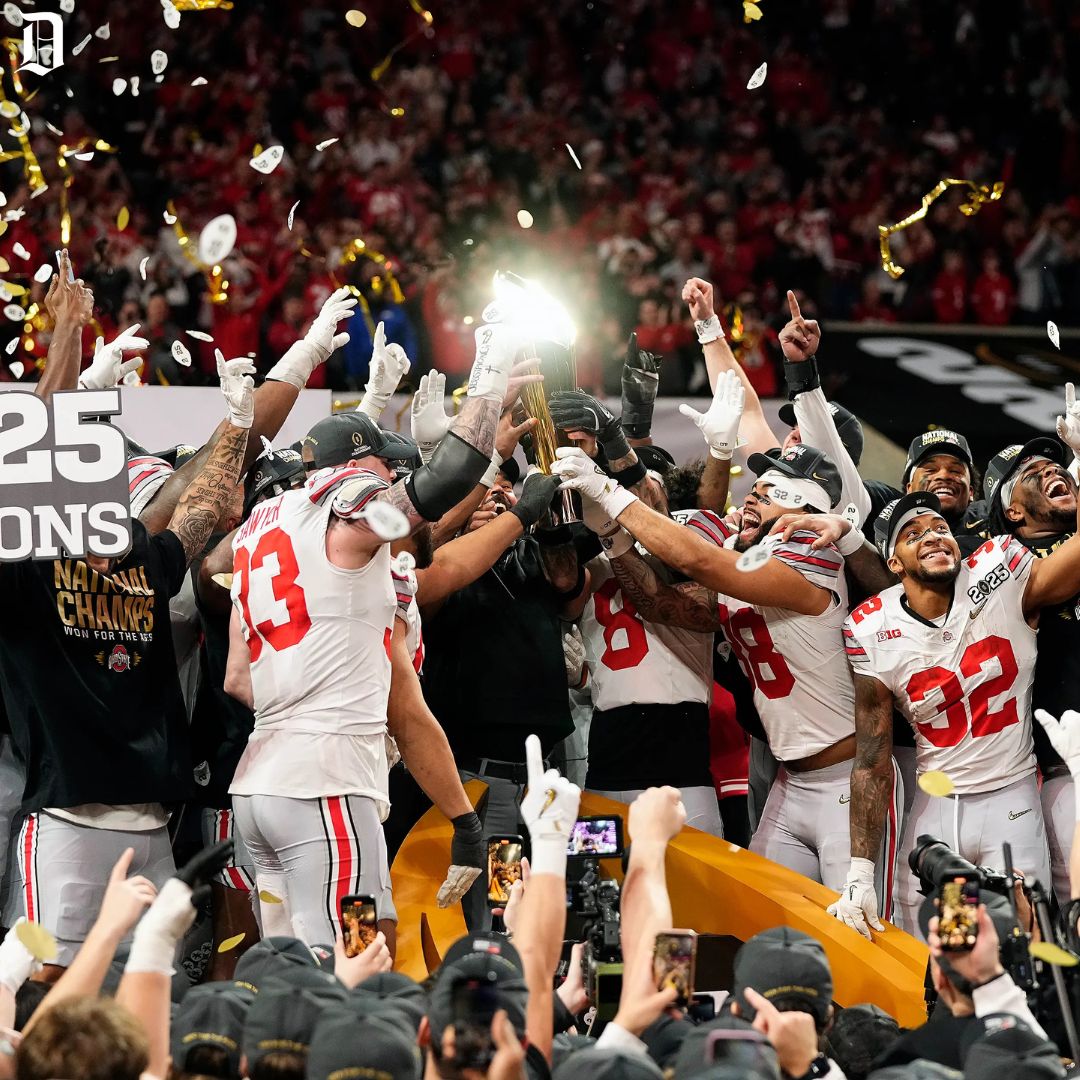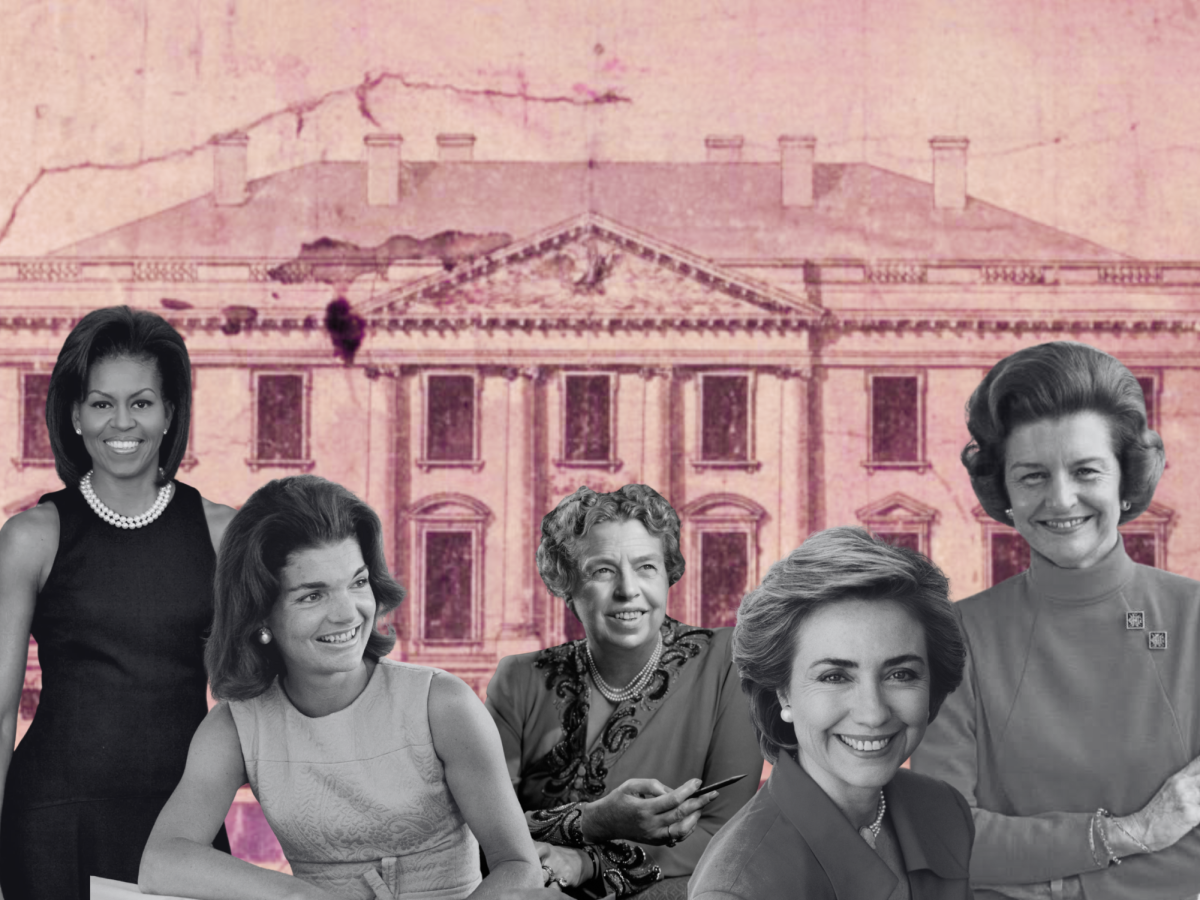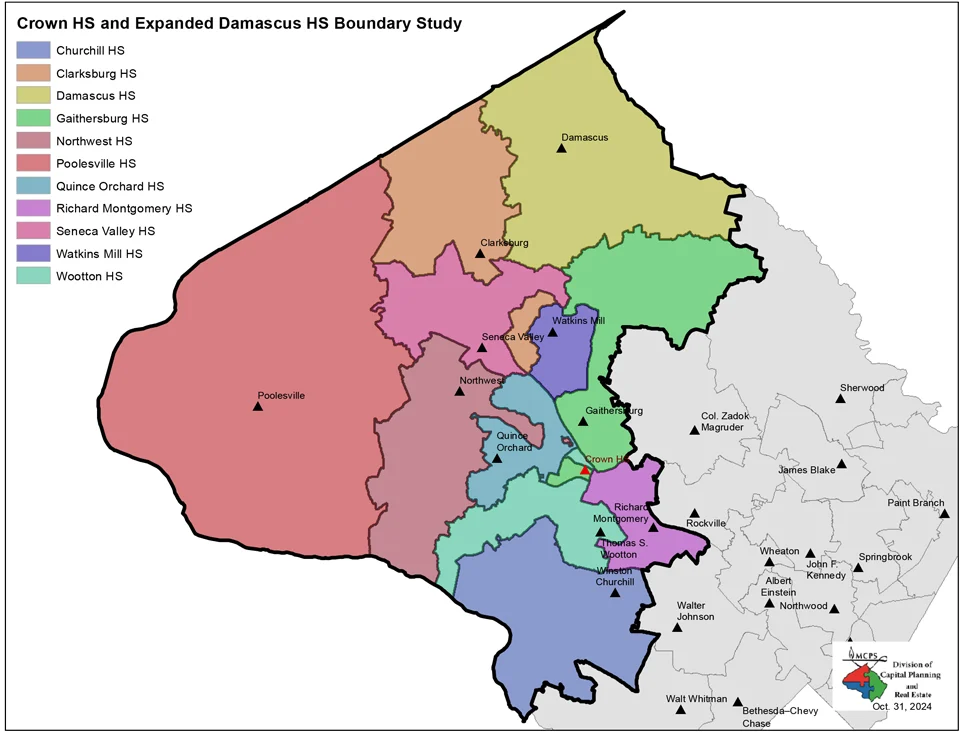The Michigan Wolverines’ football staff, run by head coach Jim Harbaugh, is in the midst of one of the decade’s biggest college sports cheating scandals after employees were accused of recording and stealing their opponents’ signs on Oct. 18.
The NCAA first implicated Michigan football recruiting analyst Connor Stalions in the scandal after multiple other schools reported that Stalions was purchasing tickets under a third-party app and recording their games. On Oct. 20 Michigan announced they had suspended Stalions with pay. Shortly after, assistant coach Chris Partridge was fired for undisclosed reasons, Athletic Director Warde Manuel announced in statement on Nov. 17. However Yahoo Sports quickly reported that Partridge allegedly tried to cover up evidence after the sign-stealing scheme was leaked to the public.
Unlike in the NFL, which utilizes a player-to-coach helmet communication system, college coaches communicate with their players through hand signals on the sidelines, which an opponent can easily decode. While stealing signs is allowed under NCAA and Big Ten rules, videotaping another team’s signals is banned in the 2023 NCAA football rulebook, and the NCAA has prohibited off-campus, in-person scouting since 1994.
Jim Harbaugh has vehemently denied any wrongdoing or knowledge about Stallions’ actions. However, on Nov. 17, the Big Ten banned Harbaugh from coaching from the sidelines for the last three games of the season. Harbaugh will still be able to work with players during practice, but he will not be able to attend the games.
Even though Michigan football is currently undefeated, the team isn’t assured to make the playoffs this season, especially after defeating Maryland last weekend by only one touchdown. A loss against Ohio State seems likely without Harbaugh, further diminishing Michigan’s chances of making the final four. Big Ten Commissioner Tony Petitti should’ve let the NCAA fully investigate Stalion’s actions before making a decision that could affect Michigan’s chances in their biggest game of the year.
Instead of waiting until after the season to come to conclusions and punish the correct people involved, Petitti issued a drastic punishment with seemingly very little evidence. There are no clear Big Ten rules that prohibit Stalion’s actions, and seemingly no evidence that Harbaugh knew about them. Harbaugh has been punished under the Big Ten’s vaguely-worded sportsmanship policy, which states that the Commissioner has “exclusive authority to determine whether offensive actions have occurred.”
It would be difficult for Petitti to conclusively determine in such a short amount of time whether Harbaugh even knew about Stalion’s alleged offenses, and then decide the appropriate punishment. If Petitti wanted to punish Michigan football for something the NCAA was already investigating, he should’ve waited until the investigation was over instead of preemptively issuing a punishment.
Indianapolis Colts linebacker Liam Anderson believes Harbaugh’s punishment will be a warning to other college football programs in the Big Ten.
“It shows they’re not playing around, and other schools are going to see that,” Anderson told The Black & White. “They’re going to try and back off on doing anything similar.”
Anderson is right — Petitti’s punishment will likely send a message to every Big Ten team that recording and attending opponents’ games is wrong. Teams may even be more cautious to follow all regulations set by the NCAA and Big Ten. Conversely, the punishment also sends a much more ominous message: instead of taking the time to determine the extent of any team’s wrongdoing, the Big Ten will punish the coach. This preemptive, possibly unjust punishment immediately destroys any marginal benefit created by fairer games. Petitti’s actions should alarm all Big Ten coaches because, with the absence of due process, his decision is leading college football down a dangerous path.



